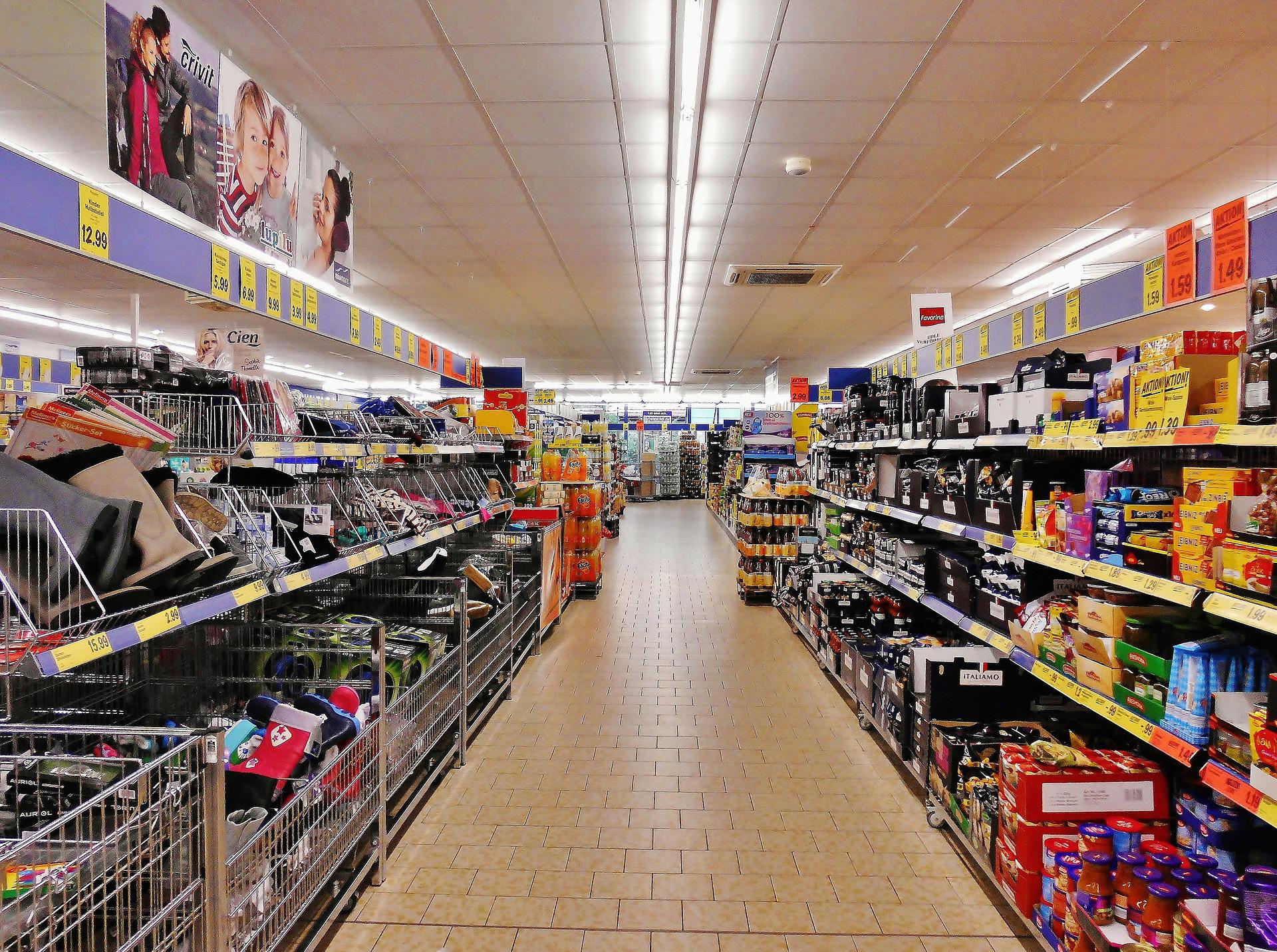
403
Sorry!!
Error! We're sorry, but the page you were looking for doesn't exist.
Turkish consumer confidence index declines by 3.1 percent in July
(MENAFN) In July, Türkiye experienced a decline in consumer confidence, with the index dropping by 3.1 percent from 78.3 in June to 75.9, according to the latest data released by the Turkish Statistical Institute (TurkStat) on Tuesday. This decrease reflects a more cautious sentiment among consumers regarding the economic environment.
The most notable decline was observed in the sub-index measuring expectations for the general economic situation over the next 12 months, which plummeted by 7 percent. This significant drop indicates a growing pessimism about the future state of the economy. Additionally, there was a 5.4 percent reduction in the sub-index related to the current financial situation of households, signaling that many people feel less secure about their immediate financial well-being. Expectations for the financial situation of households over the next year also saw a decline, dropping by 4.2 percent, suggesting a general expectation of continued financial challenges.
On a more positive note, there was an increase in the sub-index related to spending on durable goods, which rose by 2.6 percent. This suggests that despite the overall pessimistic outlook, there is still some optimism regarding investment in long-term assets.
Overall, the consumer confidence index provides a gauge of economic sentiment, with values above 100 indicating optimism and values below 100 reflecting a more pessimistic outlook. The current index standing below 100 underscores a prevailing cautious sentiment among consumers.
The most notable decline was observed in the sub-index measuring expectations for the general economic situation over the next 12 months, which plummeted by 7 percent. This significant drop indicates a growing pessimism about the future state of the economy. Additionally, there was a 5.4 percent reduction in the sub-index related to the current financial situation of households, signaling that many people feel less secure about their immediate financial well-being. Expectations for the financial situation of households over the next year also saw a decline, dropping by 4.2 percent, suggesting a general expectation of continued financial challenges.
On a more positive note, there was an increase in the sub-index related to spending on durable goods, which rose by 2.6 percent. This suggests that despite the overall pessimistic outlook, there is still some optimism regarding investment in long-term assets.
Overall, the consumer confidence index provides a gauge of economic sentiment, with values above 100 indicating optimism and values below 100 reflecting a more pessimistic outlook. The current index standing below 100 underscores a prevailing cautious sentiment among consumers.

Legal Disclaimer:
MENAFN provides the
information “as is” without warranty of any kind. We do not accept
any responsibility or liability for the accuracy, content, images,
videos, licenses, completeness, legality, or reliability of the information
contained in this article. If you have any complaints or copyright
issues related to this article, kindly contact the provider above.


















Comments
No comment